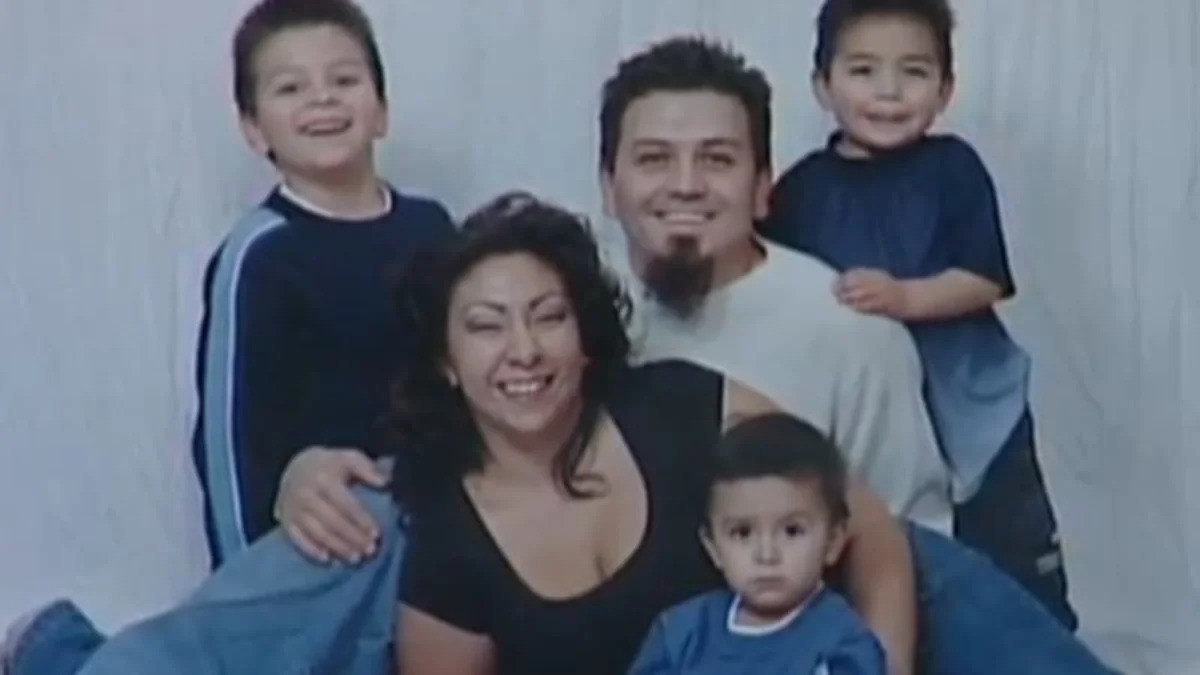On February 17, 2011, Monica Chavez was driving with her two children down North Grant St. in Thornton, Colo. when she passed out behind the wheel. Her foot pushed the gas pedal to the floor. Her car reached 100 miles per hour, became airborne and landed on two other cars, instantly killing Randy Stollsteimer, his wife Crystaldawn and their three children.
Chavez had a history of seizures, and ignored emergency-room doctors' warnings that she needed a neurologist's clearance before getting behind the wheel. Despite the fact she ignored that advice, a jury acquitted Chavez of the five charges of negligent homicide and two charges of child abuse for putting her own children in danger after five hours of deliberations.
In the wake of the Chavez trial, state lawmakers introduced a bill that would make Colorado the seventh state in the nation to require doctors to report patient seizures to the state. All states require doctors to advise a waiting period before a patient can drive following a seizure, ranging from 3 to 12 months. California, Delaware, New Jersey, Oregon, Nevada and Pennsylvania have mandatory reporting laws that require physicians to notify the DMV, which then revokes the license. Epileptics in Colorado would need to comply with all aspects of the law and stay seizure-free for three months before they could get their licenses back. Doctors who don't comply could be arrested. A hearing on the bill is scheduled for February 4.
An article in Epilepsy Currently found several studies indicated that approximately half of all drivers do not report their epilepsy to regulators as required. More permissive restrictions, such as shorter seizure-free intervals, while potentially increasing the risk of a seizure-related crash, may actually reduce the cumulative crash risk by empowering epileptics to seek help.
"Patients might go to another state which doesn't have mandatory reporting. It promotes a lack of honesty between patient and doctor," said Dr. Cynthia Harden, professor of Neurology and Chief of the Division of Epilepsy and Electroencephalography at the Comprehensive Epilepsy Care Center of North Shore – LIJ Health System in Great Neck, New York. "If they're not suppose to drive, and let's say they have an accident, this information can be used against them so that their insurance won't cover them. It really puts them at risk."
More stringent laws, revoked driver's licenses and longer waiting periods after a seizure would create safer roads, but they also may restrict drivers who aren't dangerous. One study found a 12-month seizure-free interval prevented an estimated 80 percent of crashes associated with seizures, but it also prohibited half of epileptics from driving who would not crash. The less-stringent three-month seizure free waiting interval, like the one proposed in Colorado, prevents an estimated 50 percent of the crash and only prohibits 25 percent of individuals who wouldn't have crashed. A study published in the Journal of Neurology, Neurosurgery, and Psychiatry found that the risk of crashing for individuals with epilepsy is not substantially higher than for those with other chronic medical conditions, such as heart disease, diabetes.
Deanna Marcinko, 29, knows what losing her wheels to a seizure feels like. She seized while driving 60 mph down a highway. If it wasn't for her 14-year-old sister steering the two to safety and stopping the car, she might not be here now. Marcinko spent two years voluntarily not driving because during that time she couldn't go six months without a seizure.
"I had to rely on friends and family to get me to and from work for a very long time," Marcinko said. "I am really lucky that everyone around me was so willing to help."
Dr. Harden said Marchinko is lucky to be from Pennsylvania because of leeway in the law that allows flexibility for certain epileptics.
"If seizures are only nocturnal or during sleep, it's okay for them to drive, or if they have a warning that lasts for a long period of time and they can pull over they can drive," Harden said. "I think we should get all states to be on the same page with such reasonable restrictions as they have in Pennsylvania."
Since her seizure on the highway, Marchinko has seized only once, an episode caused by a change in medication. Because the seizure had a clear cause, she was able to keep her driver's license. Although its been six years since that scary day on the highway, family and friends are still nervous when she gets behind the wheel. She says that right now, she's confident in her abilities.
"Not driving for two years really can put some limitations on you," Marcinko said. "I think if my seizures became worse, or more uncontrolled I would definitely have to rethink my driving decisions. Right now I am at the point where I've been good for so long that I feel comfortable driving."


Sign in to post
Please sign in to leave a comment.
Continue